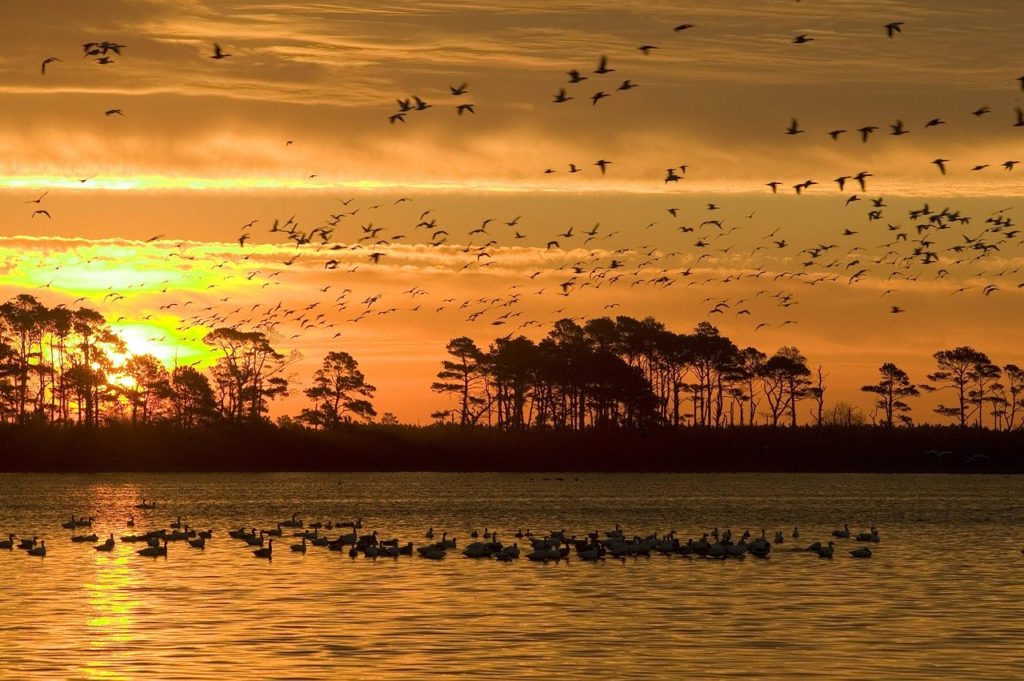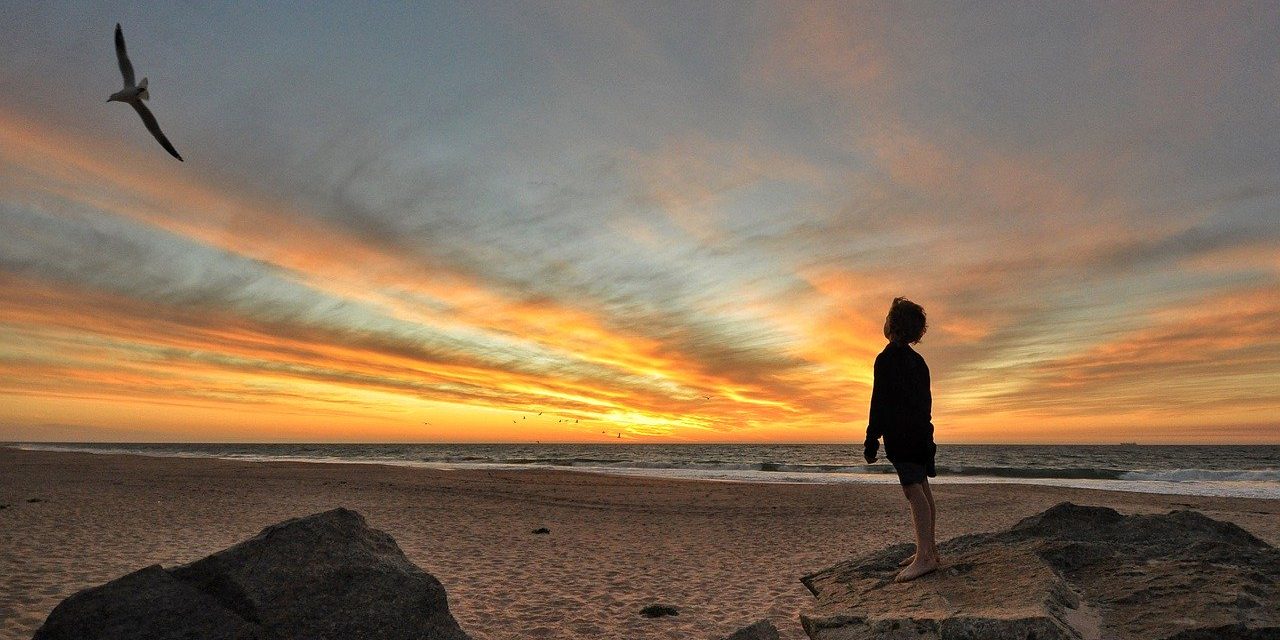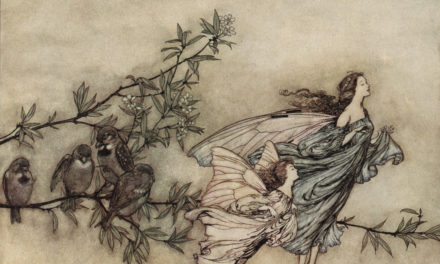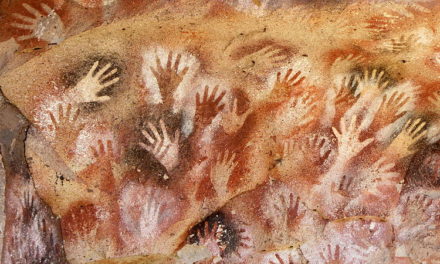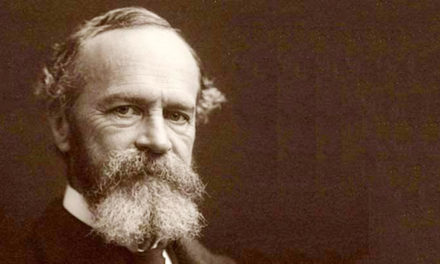The sermon for World’s Rivers Day at the Unitarian Church of Vancouver was titled ‘Nature’s Greatest Architects’, and focused on the beaver. The pianist played a medley of songs on rivers. The children sang a goofy one called “I’m Proud To Be a Beaver” before they charged out for church school. The minister examined the beaver’s impact on shaping the land over centuries before fur trappers nearly wiped it out to pander to the Europeans craze for beaver hats. Beavers create ponds and wetlands, improve habitat for fish, insects and mammals, reduce the erosion of rivers by slowing them down. Their intelligence and hard work is legendary. Without them rivers cut deep gullies, dry up, re-emerge in flash floods and dry up again. A reminder of the unintended consequences of meddling with nature. Did it have anything to do with spirituality? Possibly. But you’d have to look deeper than I did at the time.
One quality of many I appreciate about the Unitarian Church is its enthusiasm for learning. The minister has a greater range of topics to choose from than the ministers of the Presbyterian Church I grew up in or the United Church I used to attend. He’s covered topics from the importance of affordable housing to Dark Money, Emily Carr to the Winnipeg General Strike, Islam and scientific learning to Gay Pride. He’s also covered solace, compassion, and working for justice. Newcomers to the church are invited to come again because the services vary so wildly.
Diverse beliefs, shared values. My church is full of refugees from other faiths, Catholic, Protestant, Jewish, Agnostic, Buddhist, Pagan. The minister is a former Mormon. Gender diversity is welcome. We share the Unitarian values of dedication to spiritual growth, truth, social justice and reverence for nature and all life. The sort of intelligence and hard work that characterize the Canadian beaver, really.
Some people stay with the church of their parents, or drift into a secular life. Some, born to nonreligious families, stay that way. Some want ritual; some need structure. Some seek forgiveness and absolution. Some require a refuge. Some need to believe their religion is superior to other, ‘lesser’ traditions. Perhaps we all need different frameworks for religious community. We see ourselves and our values reflected in the image of God that we create.
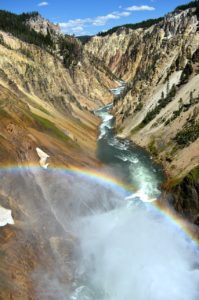 My own spiritual journey has meandered like a river. My family went to the Presbyterian Church of my mother’s parents in a small town in Ontario. I admired the beauty of the building itself but lost any real conviction around the age of nine, when my Sunday School teacher saw me doodling on the weekly lesson paper she’d handed out. She glared at me and hissed that I was inspired by the Devil. I remember looking at her, horrified, and then realized I had a choice. I’m not by nature confrontational so I didn’t speak, but a rebellious streak burst into being right then. Either I could believe that I was doomed to hellfire as she seemed to think, or I could decide the whole concept of condemnation was ridiculous. After that it was easy. I didn’t reject God, exactly, but I never forgave the Presbyterians. Skipping church wasn’t an option because I was committed to pleasing my parents. I remained silent. When my parents left the small town and moved to Toronto, where the nearest church was United, they dragged me there too. No talk of hellfire and a bit more humanity so I more or less acquiesced for the next twenty-five years.
My own spiritual journey has meandered like a river. My family went to the Presbyterian Church of my mother’s parents in a small town in Ontario. I admired the beauty of the building itself but lost any real conviction around the age of nine, when my Sunday School teacher saw me doodling on the weekly lesson paper she’d handed out. She glared at me and hissed that I was inspired by the Devil. I remember looking at her, horrified, and then realized I had a choice. I’m not by nature confrontational so I didn’t speak, but a rebellious streak burst into being right then. Either I could believe that I was doomed to hellfire as she seemed to think, or I could decide the whole concept of condemnation was ridiculous. After that it was easy. I didn’t reject God, exactly, but I never forgave the Presbyterians. Skipping church wasn’t an option because I was committed to pleasing my parents. I remained silent. When my parents left the small town and moved to Toronto, where the nearest church was United, they dragged me there too. No talk of hellfire and a bit more humanity so I more or less acquiesced for the next twenty-five years.
My first encounter with Unitarianism came when I married at thirty-nine. My partner Paul was quietly adamant in his refusal to marry in a church. I was equally determined not to use City Hall. My sister pointed out that Unitarians would marry people anywhere and shape the ceremony to the couple’s demands. She’d already been through it with her own irreligious husband. I jumped at the suggestion. Paul and I married in front of a fire in a small, one-hundred-year-old pub and the ceremony was moving and beautiful.
Paul died of cancer, six months later. I stayed with the United Church long enough to hold his funeral there. He would have hated the ceremony but I needed it. I justified my decision by thinking that if he really didn’t want that kind of ritual he should have lived, and anyway, funerals are for the living, not the dead. I told the minister that Paul had disliked organized religion but she remained sympathetic and helpful. I was grateful to her. But God? I lumped him with the Presbyterians. Too angry, too broken by my loss, I couldn’t return to church without disintegrating into tears.
Seven years later, desperate to escape the strait-jacket of my life in Toronto, where ongoing grief and rage felt unacceptable to my family and friends, I moved to the Findhorn Foundation, a spiritual community in northern Scotland. It was to be a three month visit only, to come to terms with who I’d become after my life had been shattered. I certainly didn’t go there for the spirituality as I was still on the outs with God. I stayed for nearly six years.
There’s something about swimming in a culture of acceptance of people and Spirit that sinks in over time. No one had any picture of who I had been for forty-odd years; they only saw me as I was then, struggling with grief and anger, trying to survive. Because they accepted me as I was, I finally learned to accept myself.
The God issue was more challenging. ‘Our Father,’ the ancient, familiar prayer, conjured up in my mind the fierce, intimidating old Presbyterian minister of my childhood. God and the minister, both powerful, dictatorial, and completely uninterested in what I felt or thought or wanted. Only after my husband’s death did I understand how much I resent being told what to think and believe. Yet people in Findhorn constantly invoked the presence of God, using various names, at the start of work shifts, meetings, meditations, even kitchen clean up. At first it felt like a nightmare. I tried to see spirituality as part of the culture, move with the notion instead of fighting it all the time. People helped. Language helped. I saved ‘God’ for swearing and used words like ‘energy’ or ‘spirit’ for the indefinable quality that gradually eased my rage and supported my days, that brought about meaningful coincidences I couldn’t explain, or sudden moments of peace or joy.
Over time, and through early morning singing and daily meditation, I shifted from impotent rage to a kind of neutrality, to acquiescence of a spiritual connection. Not an embrace, but a sort of acceptance. I began to see spirituality as a word for a subtle energy that underlies all aspects of life. I can resist, ignore, or acknowledge and work with it. When I choose to work with it, life has more depth, more meaning. I feel more compassion, experience more peace.

When I returned to Canada I lived with my aunt in Vancouver for a year. She asked me to drive her to the Unitarian Church on Sundays. I agreed without enthusiasm. I felt spiritual enough, wasn’t interested in church. But Unitarianism was a surprise. No one pushed God or religious practice. The sermons were odd, interesting. What really hooked me, though, was the choir. Although I don’t remember what they sang the first time I heard them, the shimmer of opening notes snared my attention, and the intricate weave of the harmonies lifted the hair on my arms. The people in front of me blurred as the music surged in intensity and passion. I can still feel in my heart the quality of the silence when it stopped.
I joined the choir that fall.
Over time I learned that Unitarians are not Christian nor particularly God-centered. They welcome everyone. Their ‘creed’ is based on seven guiding principles that are intelligent, humane, and full of common sense. The inherent worth and dignity of every person; justice, equity, and compassion in human relations; free and responsible search for truth and meaning; respect for the interdependent web of all existence of which we are a part. The beliefs are sourced from the big world religions as well as earth-centered traditions. It’s welcoming, not dogmatic. No one told me what to do or how to think. Unitarians are encouraged to question, not blindly submit.
The following spring I signed up for the New Member’s Day and listened to the minister’s synopsis of Unitarian history. Unitarianism began as an off-shoot of the Protestant Reformation, a reaction to the Catholic Church in the 16th century. Michael Servetus, a Spanish contemporary of John Calvin, the Presbyterian leader of the Reformation, read the Bible cover to cover and found no mention of the Trinity. He began to wonder if Jesus was not God Incarnate but a mortal man, the son of Joseph and Mary, a teacher, who lived an inspired, upright life, setting a moral example for others to follow. He wondered whether the church had drifted away from the essential original teachings of Jesus and his disciples. Servetus shared his questions with others, wrote two books and was condemned as a heretic by both Roman Catholics and Protestants. He went undercover while his books and his ideas trickled through European cities like an underground stream. When Servetus surfaced in Geneva, Calvin had him burned at the stake as a heretic, along with his books. After the execution, people who had never heard of Servetus wanted to know more. The underground stream became unstoppable. In the years when religious intolerance was at its height, Unitarians were martyred by both Catholics and Protestants. The Unitarian practice of independent search for truth and social activism meant they were also executed by despots, Communists and Fascists. I wasn’t sure why this condemnation by churches and states made the Unitarian beliefs so immediately appealing to me, but I was entranced.
Later I thought it might have to do with the shame I’ve always felt about the historical abuses of Christian churches, in Residential Schools that damaged generations of First Nations people, during World War 11 when they winked at the Holocaust, the treatment of women as lesser beings, the missionaries who paved the way for predatory economic interests that enslaved and impoverished local people. Further back, the senseless slaughter of the Crusades. I’ve felt tarnished by the history. Perhaps it was a continuing reaction to the Presbyterian Sunday School teacher, who judged a nine-year-old girl so harshly. Unitarians aren’t perfect, but a belief system based on principles, knowledge, and healthy debate has integrity.
What makes the most difference, for me, is the Unitarian tradition of social action. It’s the main reason why dictators dislike Unitarians; we are independent thinkers, and do not answer to a central governing body, such as the Pope or a Church hierarchy. They/we can’t be managed, any more than a herd of cats. When Unitarians see injustice, we’re meant to try to correct it. As a volunteer through the church I’ve worked in the Downtown East Side handing out food, condoms, needles, and information sheets to sex trade workers. Currently my church is sponsoring refugees, marching in favour of climate action, taking lunch to hotel workers striking for safer working conditions, and supporting an organization that runs community gardens, hiring and training street people to work with farmers to grow healthy food.
I have heard criticism that Unitarian services, which rarely mention God, aren’t spiritual enough. But it’s a relief for people who’ve been manipulated, abused, judged or condemned in the name of God. In my experience, most Christian churches aren’t loving, accepting and open-minded enough to be genuinely Christian.
In fact, if I think about it, I can see that the sermon on the Canadian beaver is a lot more connected to Unitarians than I assumed. The Unitarian Church principles support me to be my best self and to work to make the world a better, more compassionate place. I’ve found my spiritual pond.
